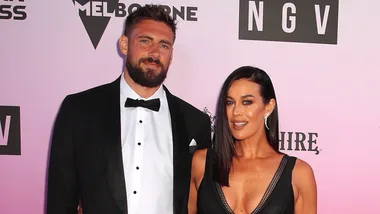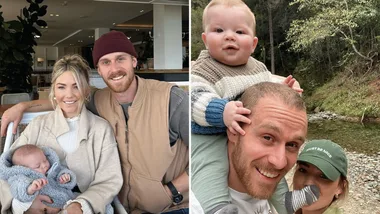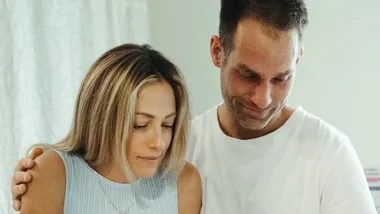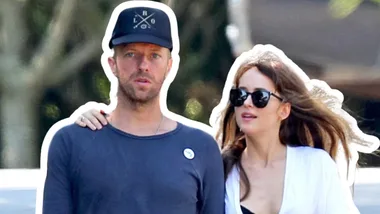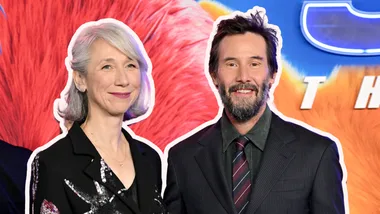A new TV special is headed to Australia and promises to answer the burning question “Who really killed Michael Jackson?” more than a decade after his sudden and shocking death.
WATCH: First responders in the Michael Jackson case break silence
Almost everyone can remember where they were on June 25, 2009 when the news broke of Michael Jackson’s death.
The music legend, who was just weeks away from kicking off another massive concert show, died from cardiac arrest caused by a an overdose of propofol and benzodiazepine overdose given to him by Conrad Murray, his personal physician.
A legal battle followed and Michael’s death was eventually ruled a homicide, but even today the details of his final days remain murky… until now.
The TMZ documentary Who Really Killed Michael Jackson? is packed with exclusive and never-before-seen interviews about the King of Pop’s final days, from the substances that killed him to the people involved in his addiction.
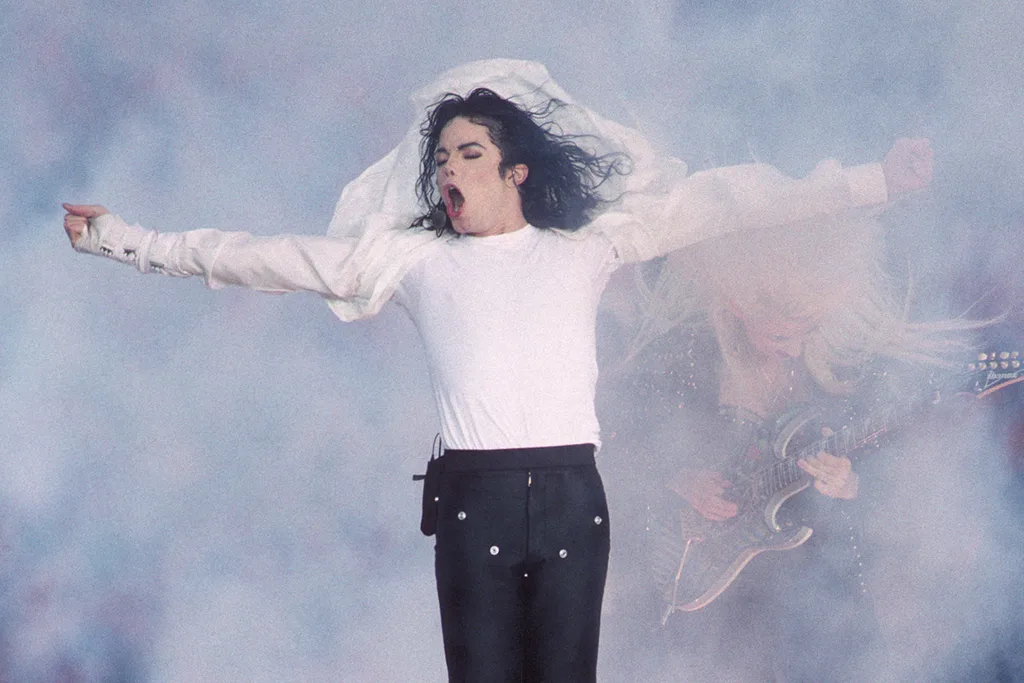
Set to air in Australia on Monday September 12 on Channel Seven, the documentary will delve into the “downward spiral of addiction and despair” that haunted Michael’s last months despite publicly seeming like he was on top of the world.
It also exposes new details about Dr. Murray, the very man conviction for Michael’s death, other alleged “enablers” in his life like Dr. Arnold Klein, and Michael’s own ex-wife, Debbie Rowe.
Before you tune into the TV special on Monday, Sept 12 on Channel 7 and 7plus, here’s everything you need to know about Michael Jackson’s death.
When did Michael Jackson die?
Michael Jackson died suddenly on June 25, 2009 aged 50. He left behind three children Michael Joseph Jackson Jr. (commonly known as Prince) and Paris-Michael Katherine Jackson with ex-wife Debbie Rowe, and Prince Michael Jackson II (nicknamed “Blanket”), who was conceived via artificial insemination with an anonymous surrogate mother.
A public memorial for the singer was held on July 7, 2009, at the Staples Centre after a private family service for those who were closest to him. He was entombed at Forest Lawn Memorial Park in California.
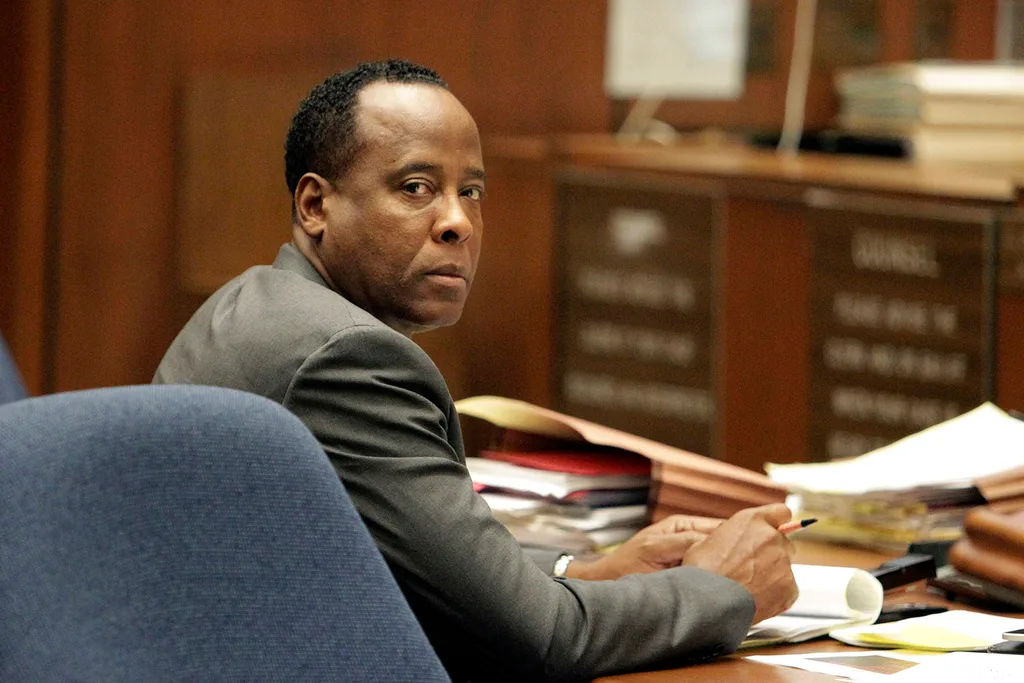
How did Michael Jackson die?
Michael Jackson died from cardiac arrest – a heart attack – after overdosing on the drugs propofol and benzodiazepine, which caused him to stop breathing. Paramedics tried to resuscitate the singer but were unable to. The 2009 autopsy report confirmed that “the cause of death is acute propofol intoxication”.
The drug propofol is typically used for general anesthesia, sedation and in veterinary medicine, while the benzodiazepine drugs in Michael’s system – lorazepam, midazolam and diazepam – are used to treat anxiety, insomnia, alcohol withdrawal and for medical sedation. The examiner at Michael’s autopsy also noted traces of the local anaesthetic lidocaine and the benzodiazepine-derived sedative nordiazepam in his bloodstream. Michael’s personal doctor Conrad Murray had supplied him with various medications to help him sleep.
Was Michael Jackson murdered?
One month after his passing, the Los Angeles County Coroner ruled that Michael’s death was a homicide and in February 2010 Murray was charged with involuntary manslaughter. A televised trial followed and Murray was found guilty in late 2011 and sentenced to four years in prison. He was released in 2013 after serving one year and eleven months, owing to good behaviour and prison overpopulation.
While Murray was found guilty of involuntary manslaughter, Michael’s death was not murder.
WATCH: Prince, Paris and Blanket at Michael Jackson Tribute Concert
Who killed Michael Jackson?
In the US criminal tiral The People of the State of California v. Conrad Robert Murray, Murray was found guilty of involuntary manslaughter after administering the drugs that ultimately led to the singer’s death. Murray admitted to administering 25mg of propofol intravenously on the night Michael died but claimed he only provided the drugs after the pop star, who suffered from insomnia, begged him for medication that would allow him to sleep.
He also alleged that he tried to wean Michael off the drug after fearing he’d become reliant on it and tried treating his insomnia with other drugs. In the US, propofol is not an approved sleep aid and is most typically used for general anesthesia during surgery. Furthermore, it’s only supposed to be administered by anesthesiologists, nurse anesthetists, anesthesia assistants or intensive medicine practitioners with extensive training on how to administer and monitor the drug correctly. Murray did not have any such training.
Murray was charged with involuntary manslaughter and found guilty in 2013. His Texas medical license was revoked and his licenses in California and Nevada were suspended.
